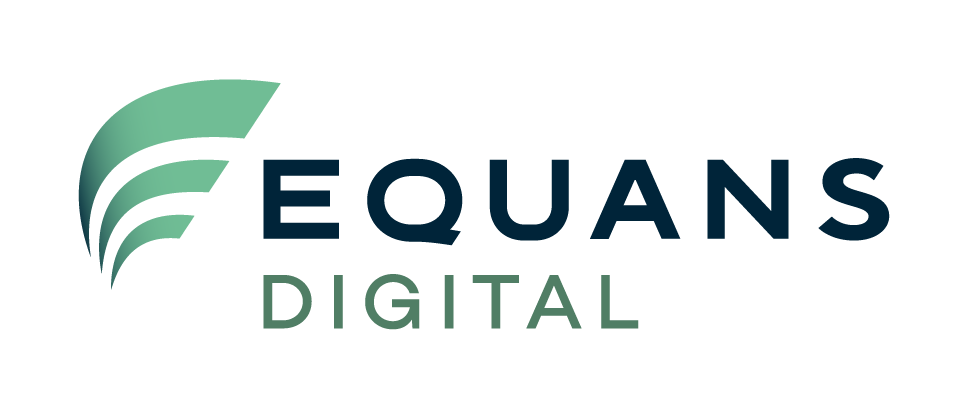This is a practice in which a company entrusts the management of its IT assets and information systems to an external company.
This can involve hardware, operating systems, applications or even user support. In other words, it means entrusting the management of your computers, data and software to a specialized IT service provider.
This type of service can be managed remotely by the company you call on, or by regular on-site visits by one of its technicians. This is known as on-site outsourcing.
Managed services is a specific type of IT outsourcing, the main aim of which is to enable the company to concentrate on its business processes.
An outsourcing project for your company? Equans Digital can help!
It's important to choose your IT outsourcing partner carefully, bearing in mind that this is a field where discretion is essential.
The experts at Equans Digital support companies wishing to outsource the management of their IT systems. After establishing an IT outsourcing contract, we support our customers in the management, operation and maintenance of its IT infrastructure.
We set up secure facilities management and also have a advisory role throughout the contract.
With our customized services, we optimize and upgrade your IT assets for accelerated digital transformation.
What does outsourcing include?
Network outsourcing solutions offered by specialist companies may include all or some of these IT services:
What are the different types of outsourcing for SMEs?
Depending on the size of the company, and the nature and volume of its data, the level of outsourcing to be put in place will not be the same.
It's essential to carry out a complete audit of your system upstream in order to choose the right service.
- Global outsourcing: the company entrusts the complete management of its IT infrastructure and information systems to an external service provider.
- Partial outsourcing: the company outsources only specific parts of its IT infrastructure or processes. For example, the company may decide to entrust the management of its servers, network or technical support to an external service provider. However, it retains in-house management of the other aspects of its infrastructure.
- Infrastructure outsourcing: the company outsources the management and maintenance of its network and/or IT infrastructure. This includes management of servers, networks and backup services.
- Application outsourcing: the company entrusts the entire development and production of an application to an external service provider.
- L'infogérance d' exploitation : the company entrusts the day-to-day management and operation of its IT activities to an external service provider.
A company can choose to outsource one or more areas depending on its needs and strategy.
What are the advantages of outsourcing?
An IT problem can have a major impact on your company and have a serious impact on your production and sales.
Why use an IT outsourcing company? There are many advantages for companies:
The company reduces the costs associated with acquiring and managing IT equipment such as hardware and software purchases, maintenance costs, recruitment costs as well as the costs of complying with regulations.
Lmanaged services providers provide proactive monitoring and management services to ensure optimum availability and performance of IT systems.
Lcompanies can easily adjust their needs as the business grows, without having to invest in new infrastructure or face capacity constraints.
L outsourcing companies implement advanced security measures, regular data backups and risk management policies to ensure the protection of sensitive corporate information and comply with current regulations.
Managed services providers usually have a team of experts qualified in various IT fields.
“ Outsourcing facilities management enables a company to concentrate fully on its core business. ”
IT outsourcing contract
As a general rule, an outsourcing service requires a contract to be drawn up between your company and an external service provider.
This will mention the perimeter and nature of interventions, the duration of the latter, the delays for intervention, its cost or the various obligations and responsibilities of each party.
It's important that the contract is drafted clearly and precisely, taking into account the specific needs of the client company.


